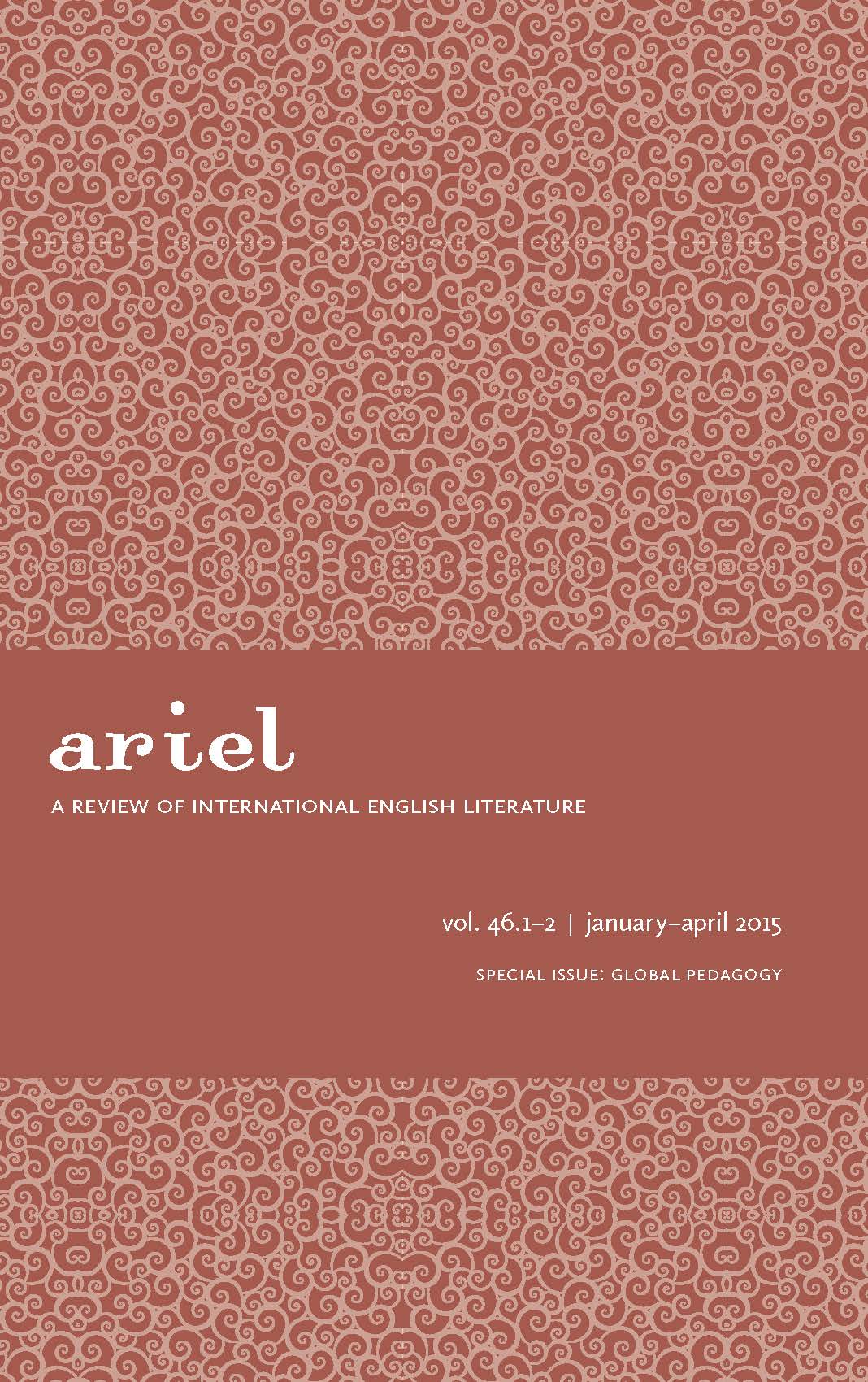Being in the World: Literary Practice and Pedagogy in Global Times
Keywords:
Literature pedagogy, teaching translated texts, globalization and educationAbstract
In this article, I examine the implications for literature pedagogy based on recent developments in postcolonial theory and globalization studies. I argue for a critical cosmopolitan pedagogy that would nourish the creation of alternative imaginaries and teach young people through literature to be more fully in the world. Two instances of how this might be effected are provided. The first centers on how literary pedagogy in globalized times cannot avoid dealing with texts translated into English from other languages. Using the global, multicultural city of Singapore as a case in point, I show how teaching translated texts can be a strategic way of interrogating the hegemony of the Anglophone segment of the population, and historically, the English-educated class in Singapore, by providing minority perspectives erased by official history. A different past is thus used to question a normalized present. The second instance of a critical cosmopolitan pedagogy is discussed in relation to Mohsin Hamid’s novel, The Reluctant Fundamentalist, which deals with the pressing global issue of terrorism. It focuses on how the teacher can further help the text in its work to render the reader, rather than the object of narration, strange. Ultimately, a literature pedagogy that takes the question of perspective seriously can help us resist neoliberal capitalism’s emphasis on the management and care of the self in the service of markets in favor of a more politicized global subject fully committed to engaging the world.


